
Most of Russia’s opposition leaders are dead, in exile or in prison. What happens now?
LA TimesA tribute to the late Russian opposition leader Alexei Navalny, who died in an Arctic prison colony, is left near the Russian Embassy in London. “This is a very difficult loss for the Russian opposition.” The biggest problem that has plagued the opposition, said University of North Carolina political science professor Graeme Robertson, author of a book about Putin and Russian politics, “is that it has been unable to break out from small liberal circles to attract support from the broader population.” Khodorkovsky, who lives in London, is one of several Russian opposition politicians trying to build a coalition with grassroots antiwar groups across the world and exiled Russian opposition figures. Squabbling among the opposition, “doesn’t help,” said Nigel Gould-Davies, a former British ambassador to Belarus and senior fellow for Russia and Eurasia at the International Institute for Strategic Studies in London. But, even if the opposition were united, he questioned whether “given the instruments of coercion, repression and intimidation available to the Russian state, what difference, at least in the short term, would that make?” Three decades of Putin Putin is eyeing at least another six years in the Kremlin, which means he could effectively rule Russia for almost three decades. Although Navalny had his finger on the pulse, and his team succeeded in widely publicizing the investigation, the anticorruption message ultimately failed to produce political change inside Russia, Robertson said, because most Russians “know their country is badly governed and that their elite is corrupt, but they don’t see it being any other way.” In the three years since Navalny was jailed, Russian authorities have introduced more laws tightening freedom of speech and jailing critics, often ordinary people, sometimes for decades.
History of this topic
A Testament to Resilience: Alexei Navalny's Memoir Offers Inspiring Insights into the Struggle for Freedom and Democracy
The Hindu
A Testament to Resilience: Alexei Navalny's Postponed Memoir Offers Insight into a Life Lived in Perilous Times
Hindustan Times
Russian opposition leader Alexei Navalny's posthumous memoir is a testament to resilience
The IndependentA Testament to Resilience: Alexei Navalny's Memoir Offers Inspiring Insights into the Struggle for Freedom
Associated Press
Russian opposition leader Navalny believed he would die in prison, excerpts from his memoir show
LA Times
Russia adds Navalny's widow Yulia Navalnaya to 'terrorists and extremists' blacklist
New Indian Express
Putin likely didn’t order death of Russian opposition leader Navalny, U.S. official says
LA Times
Vladimir Putin has been fighting not just Ukraine, but his own people
Live Mint
Russia extends deadline for preliminary probe into Kremlin foe Navalny’s death in prison, ally says
Associated Press
Russian President Vladimir Putin breaks silence on rival Navalny's death in prison: ‘It happens…’
Hindustan Times
Putin Says He Agreed to Navalny Prisoner Swap
Live Mint
Commenting on Navalny's death for first time, Putin says he supported prisoner swap for his foe
New Indian Express
Vladimir Putin: The autocrat eyeing a new world order
New Indian Express
Who are the Russian dissidents still serving time after Alexei Navalny died behind bars?
LA Times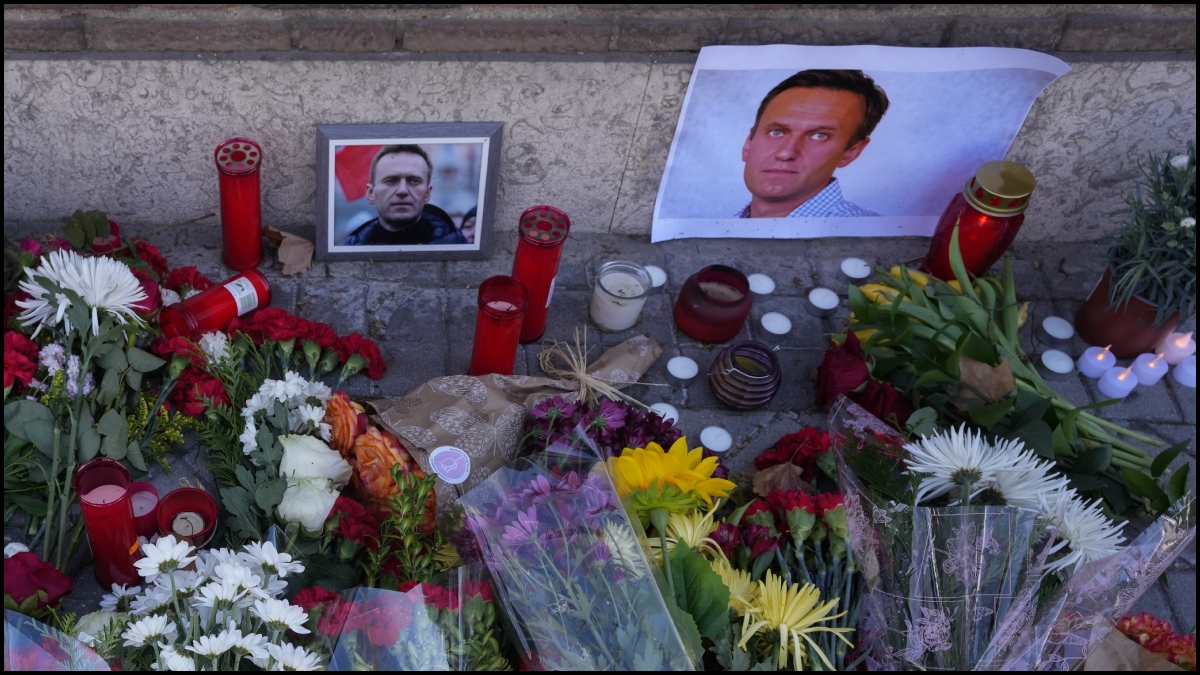
Putin critic Alexei Navalny 'died his own death', says Russian spymaster
India TV NewsRussian spymaster said opposition leader Alexei Navalny died of natural causes
Associated PressAP PHOTOS: Russians say final farewell at funeral of opposition leader Alexei Navalny
Associated PressAlexei Navalny laid to rest in funeral attended by thousands
Associated Press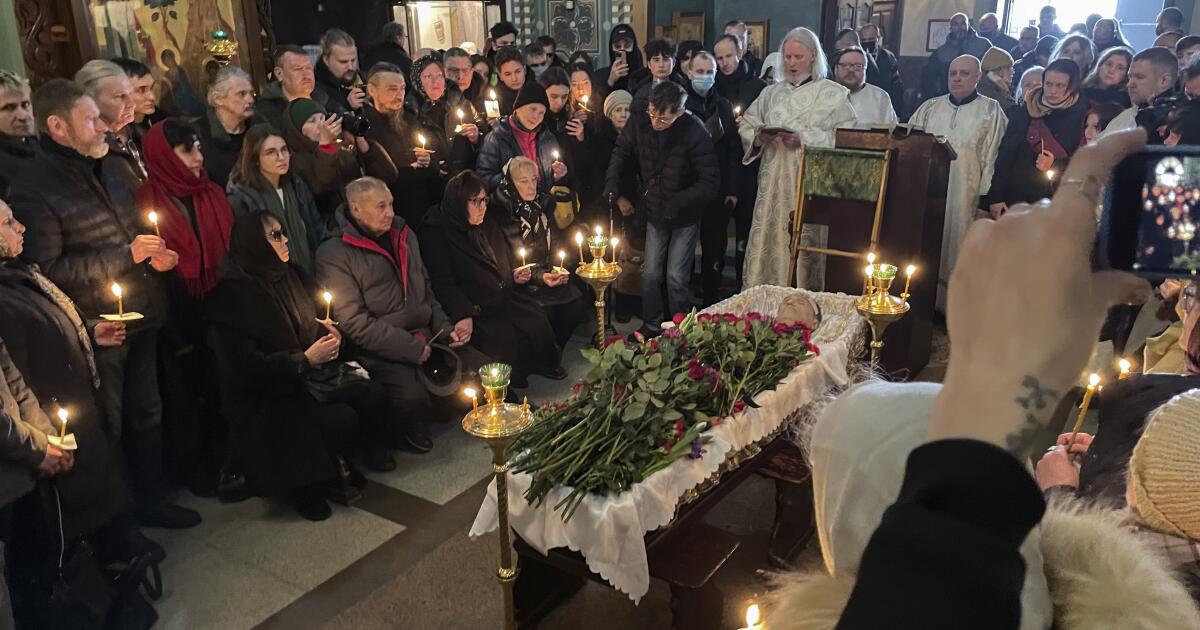
Putin foe Alexei Navalny is buried in Moscow as thousands attend under heavy police presence
LA Times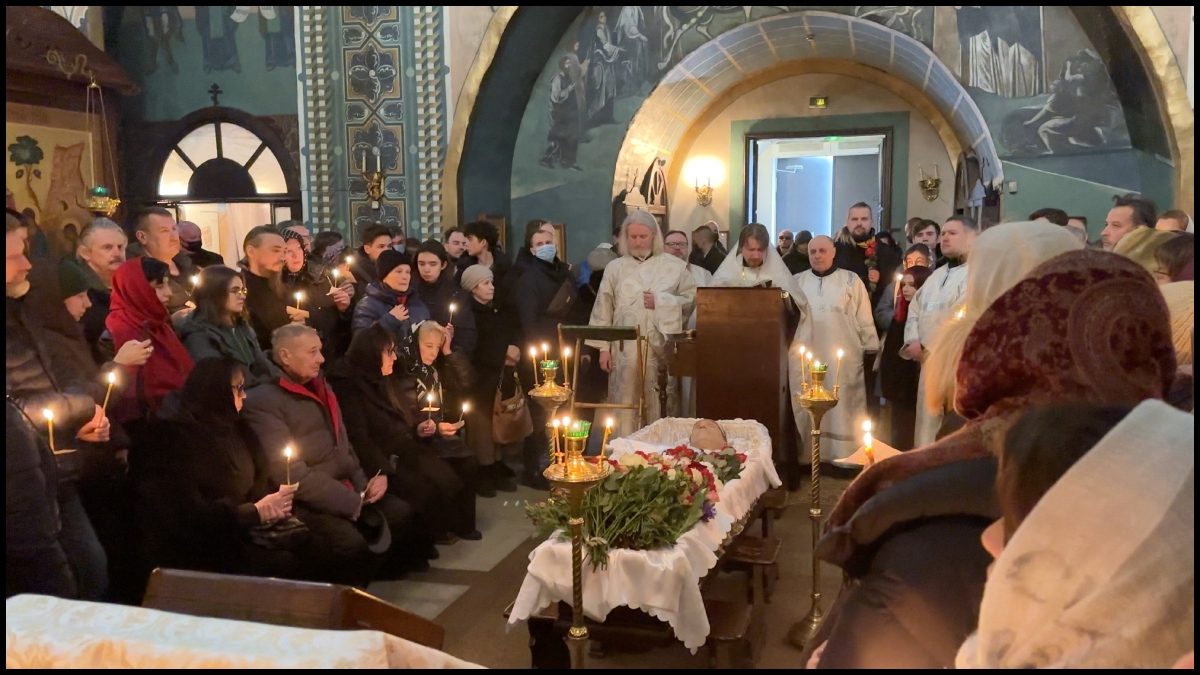
Russian opposition leader and Putin critic Alexei Navalny laid to rest in Moscow | WATCH
India TV News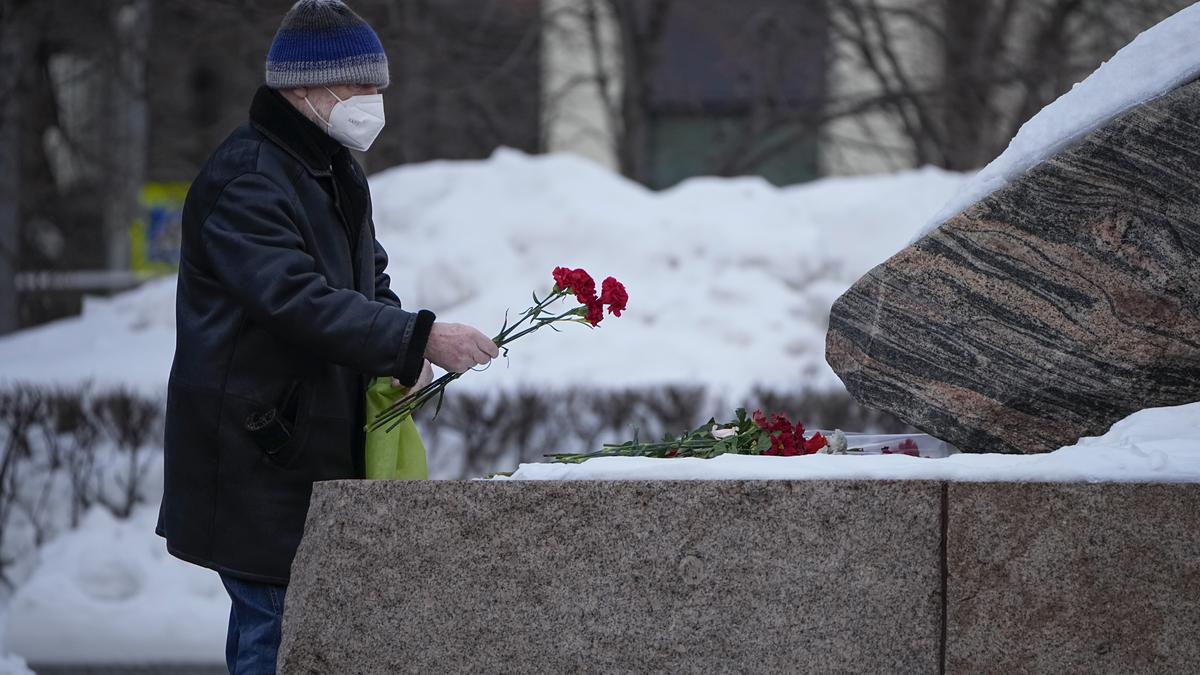
Alexei Navalny’s funeral to be held on March 1, says spokesperson
The Hindu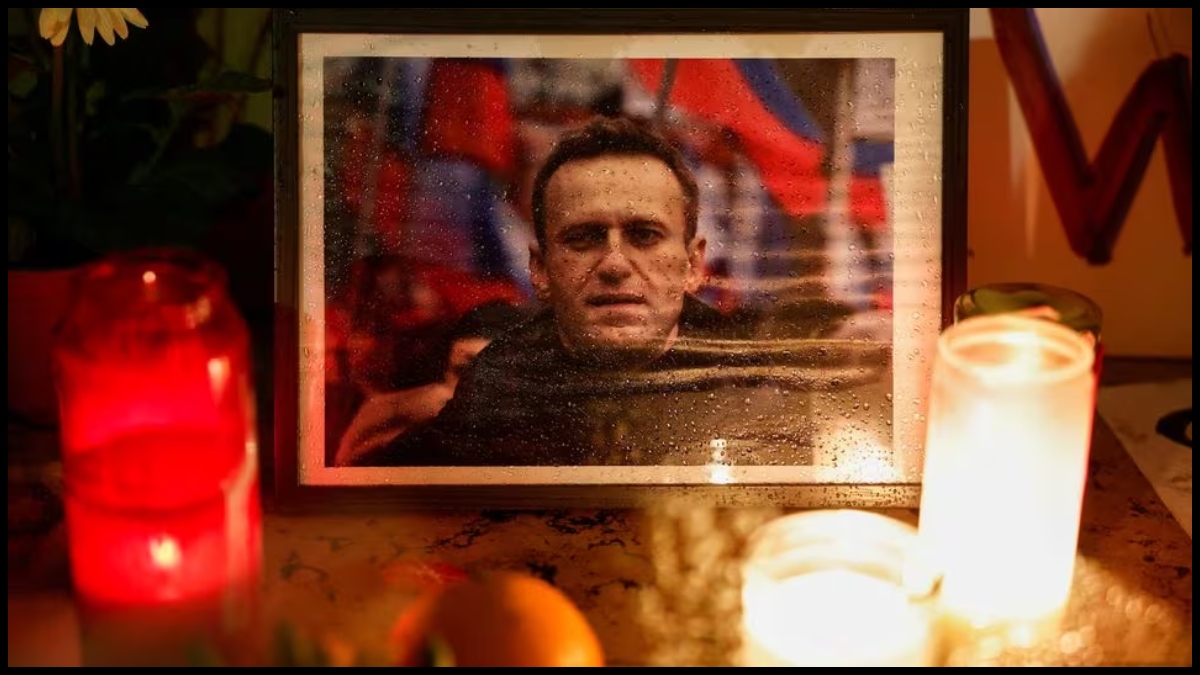
Russian opposition leader Alexei Navalny's funeral to be held in Moscow on Friday
India TV News
Navalny aide says the Russian opposition leader was close to being freed before his death
Hindustan TimesNavalny aides say the Russian opposition leader was close to being freed before his death
Associated PressNavalny was close to being freed in a prisoner swap, claims ally
The Hindu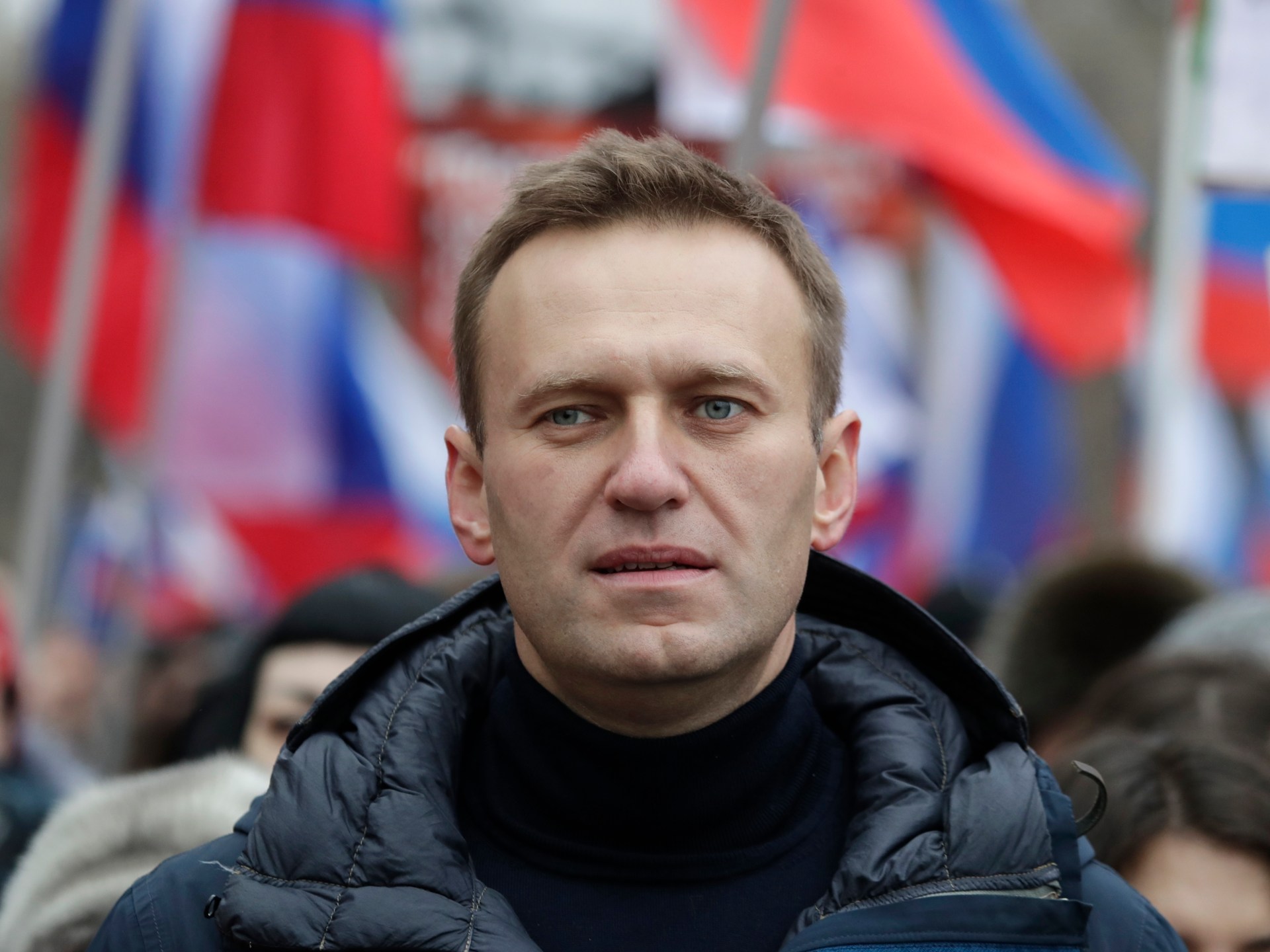
Navalny was close to being freed from prison before his death, says ally
Al Jazeera
A swap for Navalny was in the final stages before the opposition leader's death, an associate says
New Indian Express
Alexei Navalny's body handed over to his mother weeks after death inside prison
India Today
Russia threatening to bury Alexei Navalny on prison grounds, says his team
Hindustan Times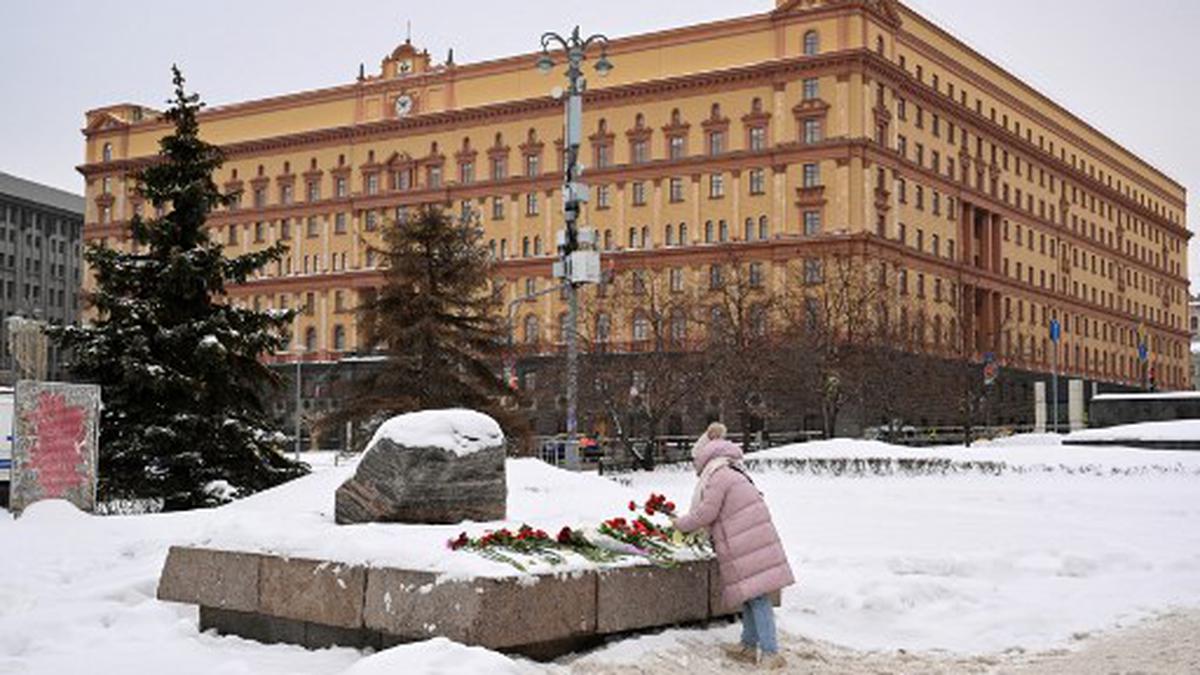
Russian cultural figures seek release of Navalny's body
The Hindu
Vladimir Putin has been fighting not just Ukraine, but his own people
Hindustan Times
The lonesome death of Alexei Navalny: Russia is back to its old ways
Live Mint
Alexei Navalny death latest: UK first country to issue sanctions over killing of Putin critic in prison
The Independent
Alexei Navalny – the man who knew too much
The IndependentWho are other Russian dissidents besides the late Alexei Navalny?
Associated PressMost of Russia’s opposition is either dead, in exile abroad or in prison at home. What happens now?
Associated Press
Alexei Navalny's widow claims he was poisoned, seeks 'punishment' for Putin
India Today
Alexei Navalny’s widow vows to keep fighting Kremlin, punish Putin for his death
LA TimesOver 300 detained in Russia as country mourns the death of Alexei Navalny, Putin’s fiercest foe
Associated PressAlexei Navalny mocked Vladimir Putin regularly — in Russia, dissent can come with lethal consequences
ABC
Alexei Navalny's team confirms his death, whereabouts of body remain unclear
India Today
In Russia’s Arctic area, Alexei Navalny’s mother searches for her son’s body
LA Times
Western officials and Kremlin critics blame Putin and his government for Navalny's death in prison
New Indian ExpressAlexei Navalny was 'the president Russia never got'. His death means a void in the fight against Putin
ABCAlexei Navalny's team confirms his death, demands body be returned to his family
ABC
Will the death of Alexey Navalny change Russian politics?
Al Jazeera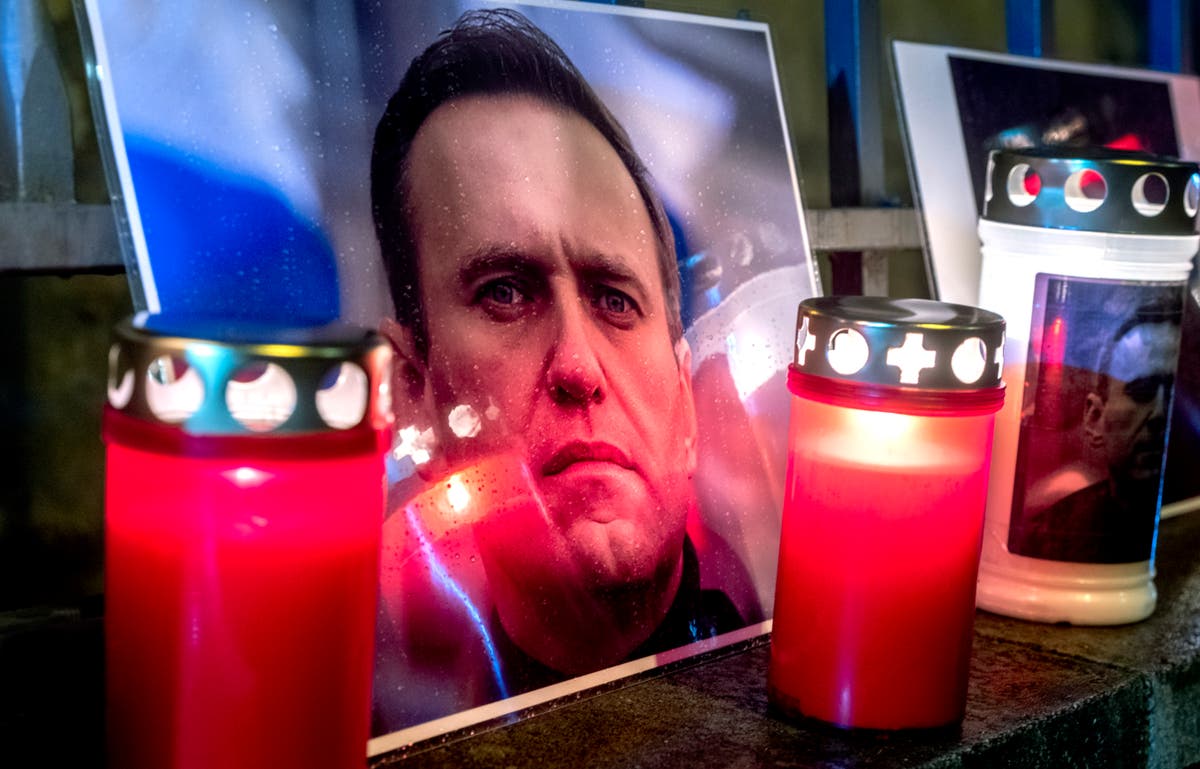
AP PHOTOS: With candles and flowers, thousands pay respects to Russia's Navalny
The Independent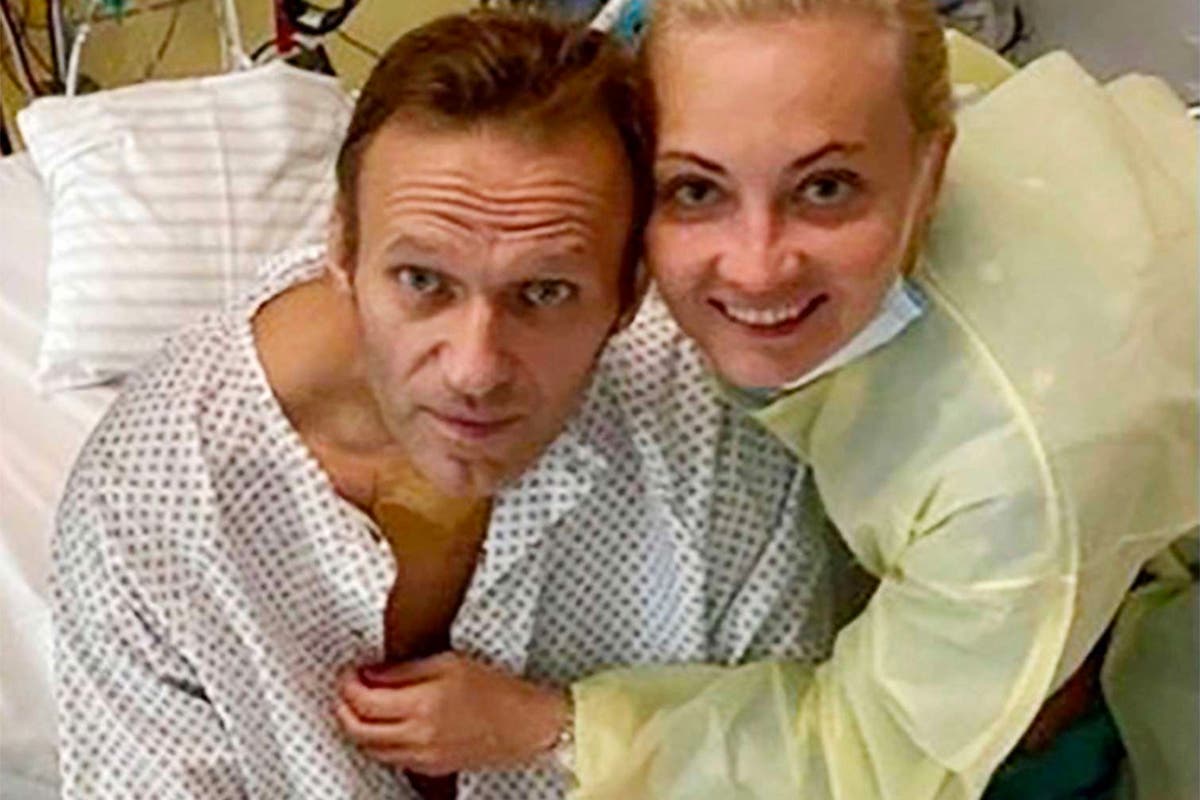
With Alexei Navalny’s death, Russia has taken another step into Stalinist barbarity
The Independent
Putin critic Alexei Navalny dies. Who are other jailed Oppn activists in Russia?
Hindustan TimesDiscover Related

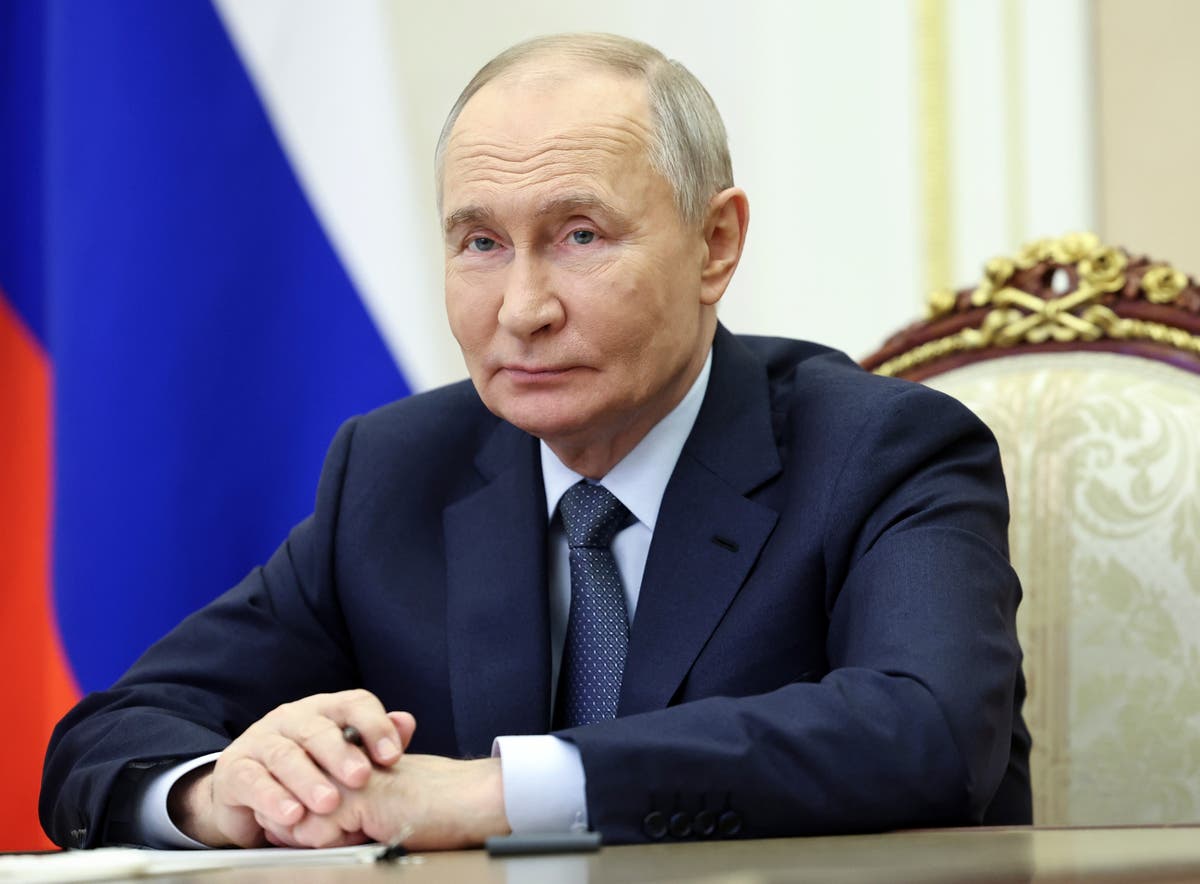
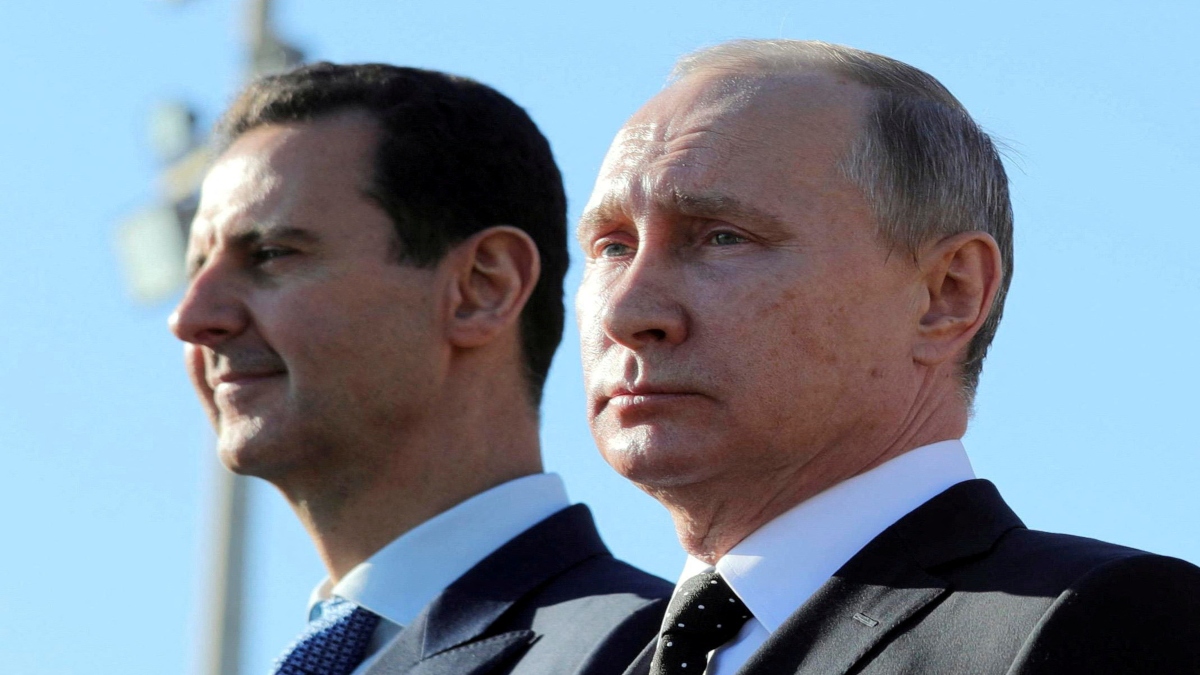)

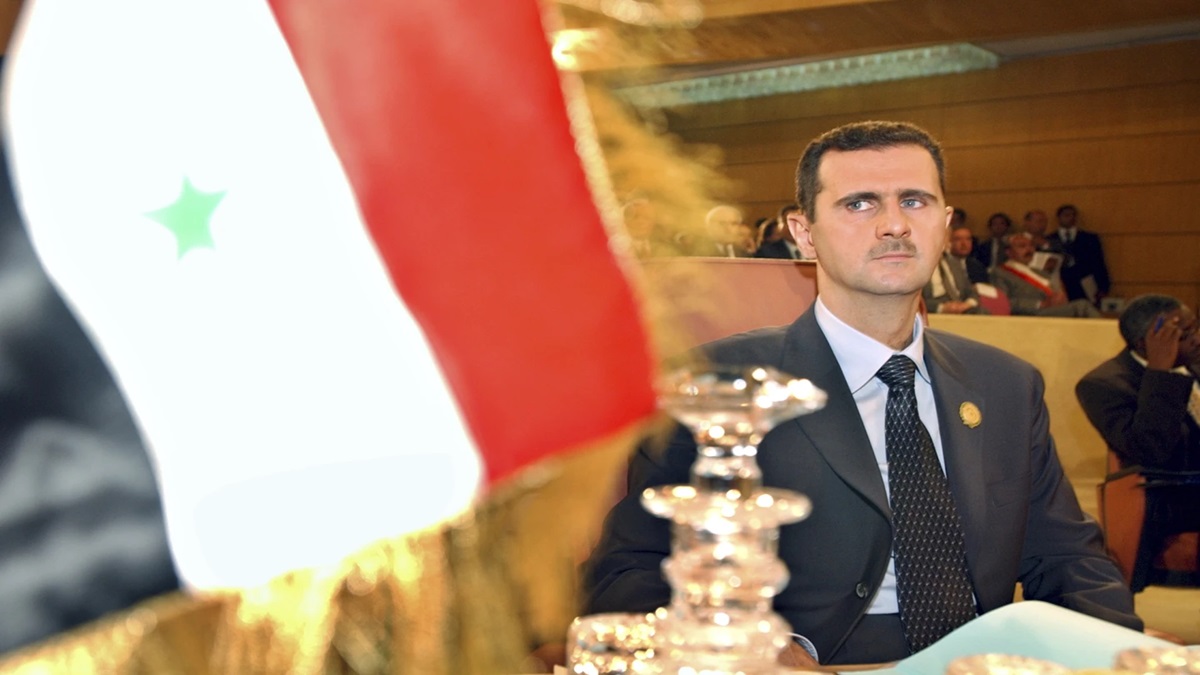
)






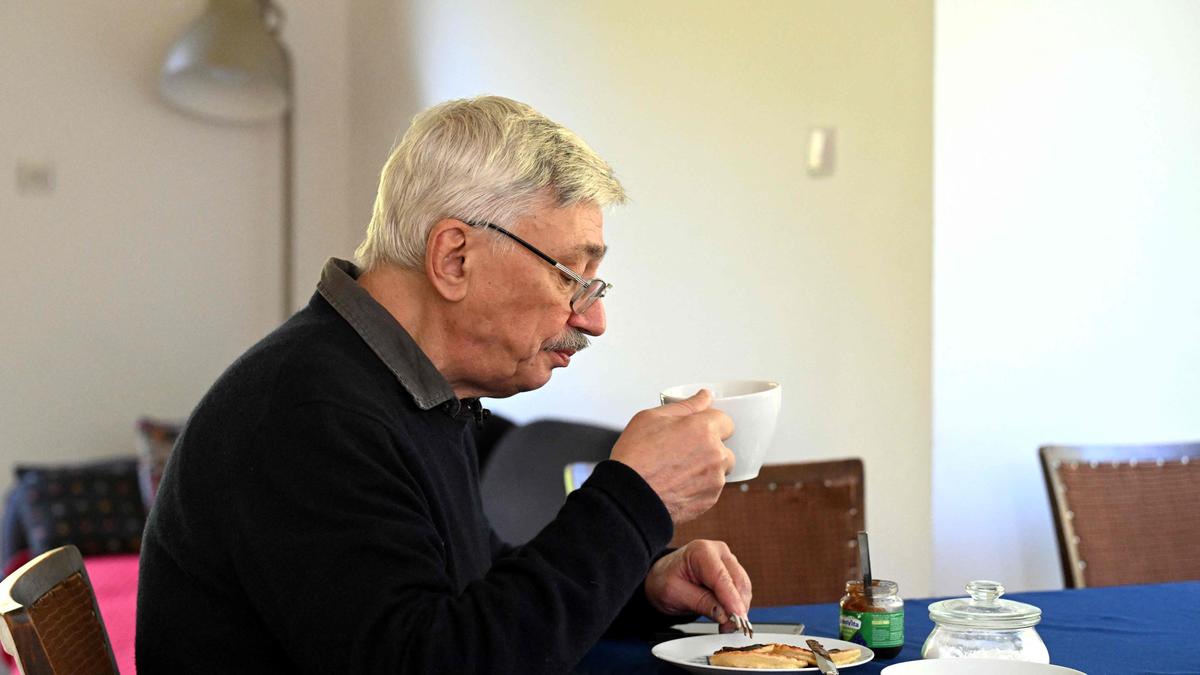

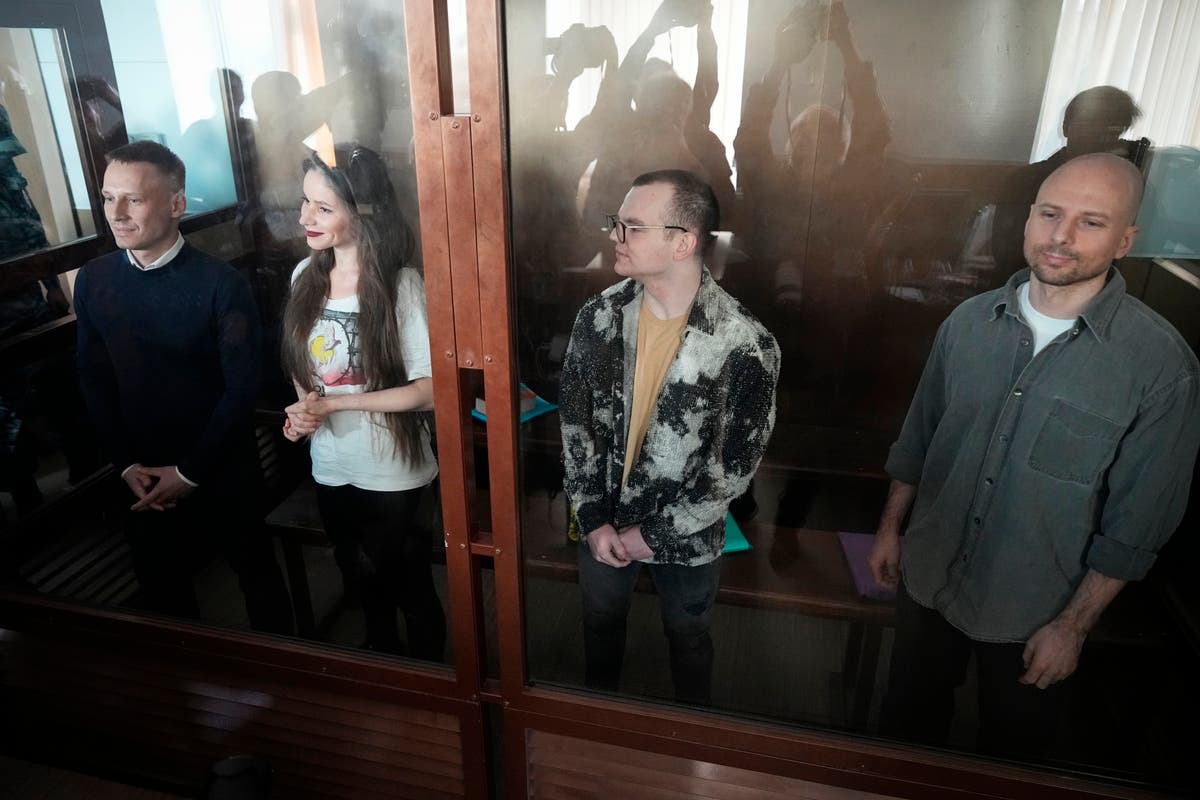
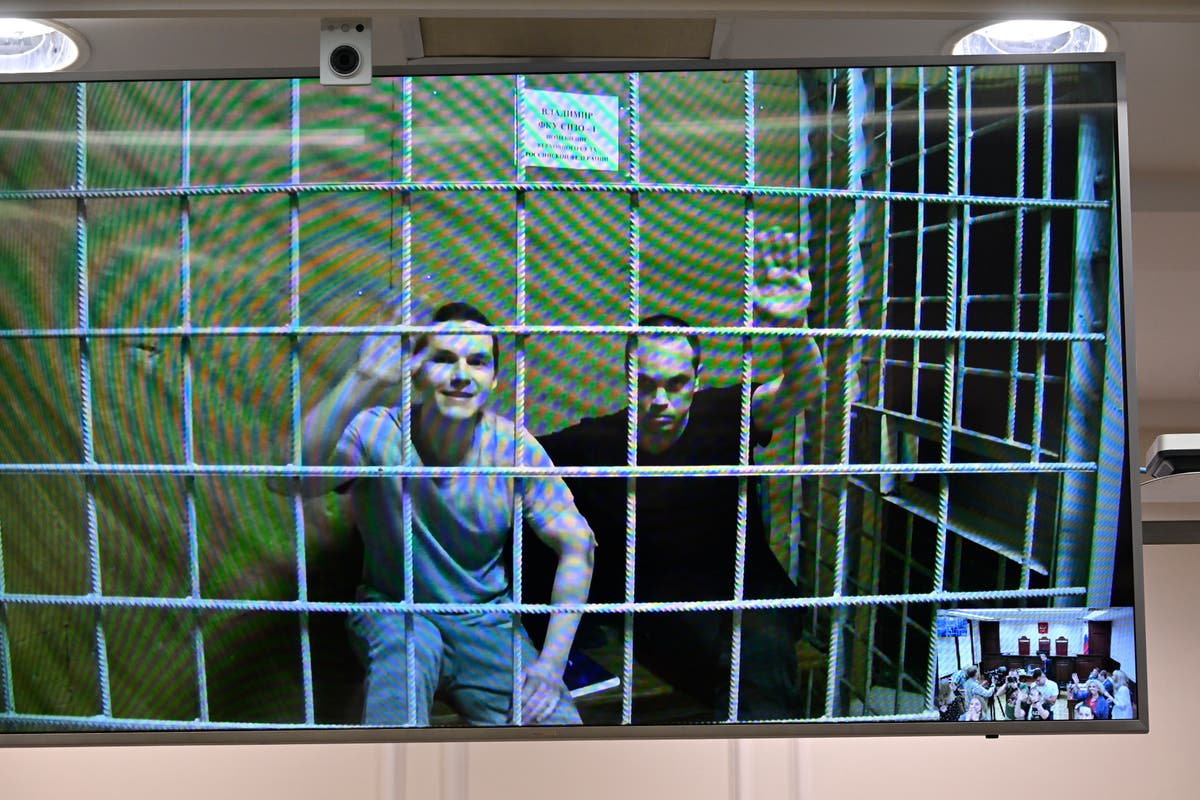
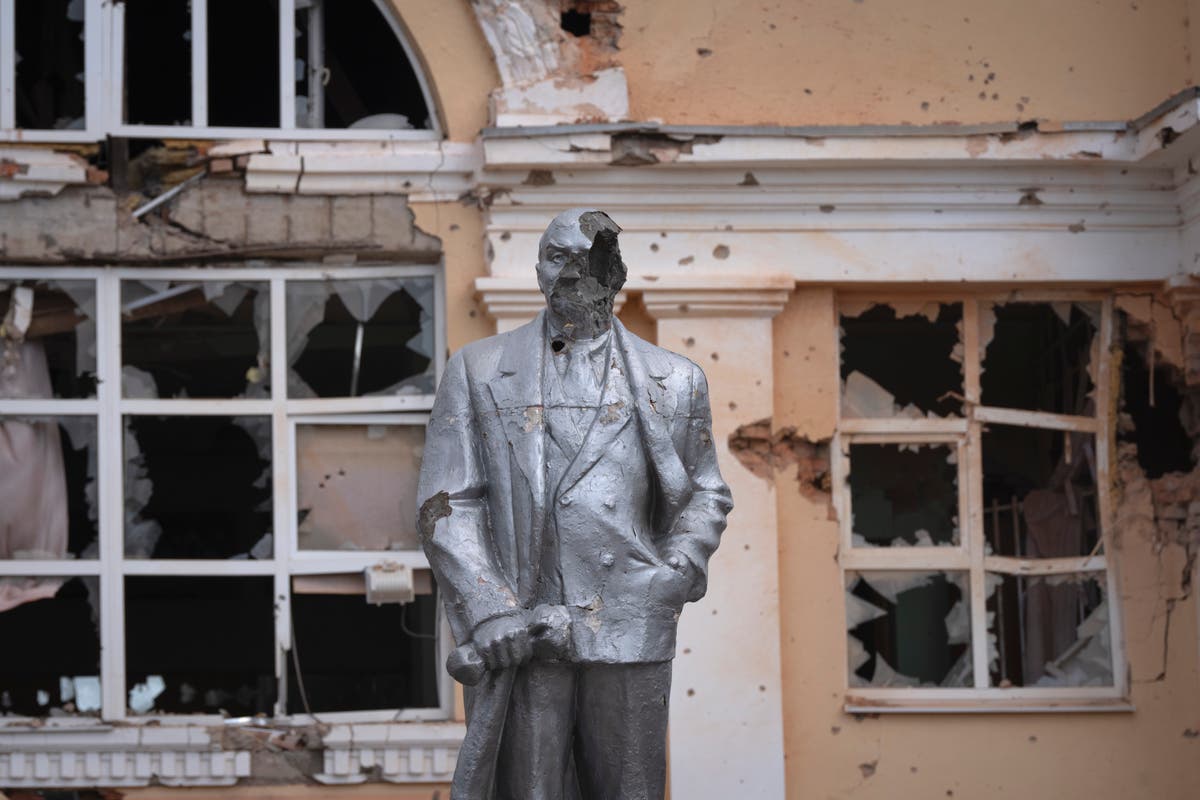

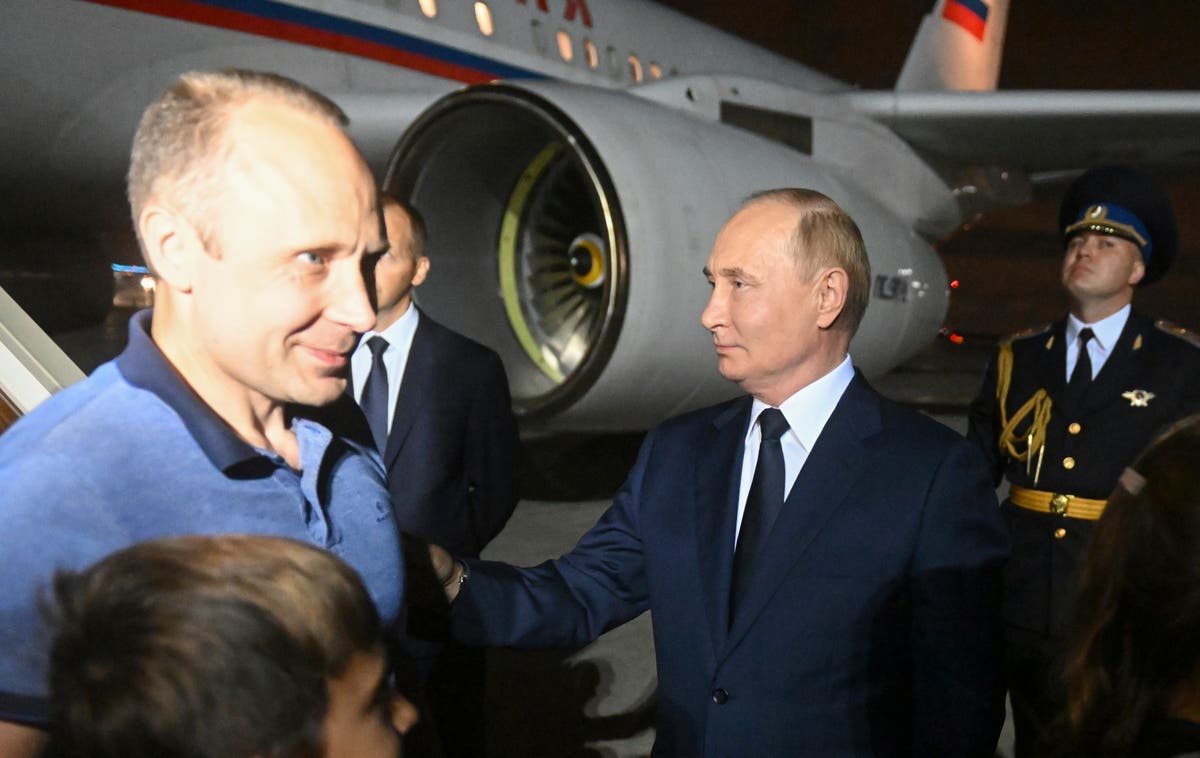
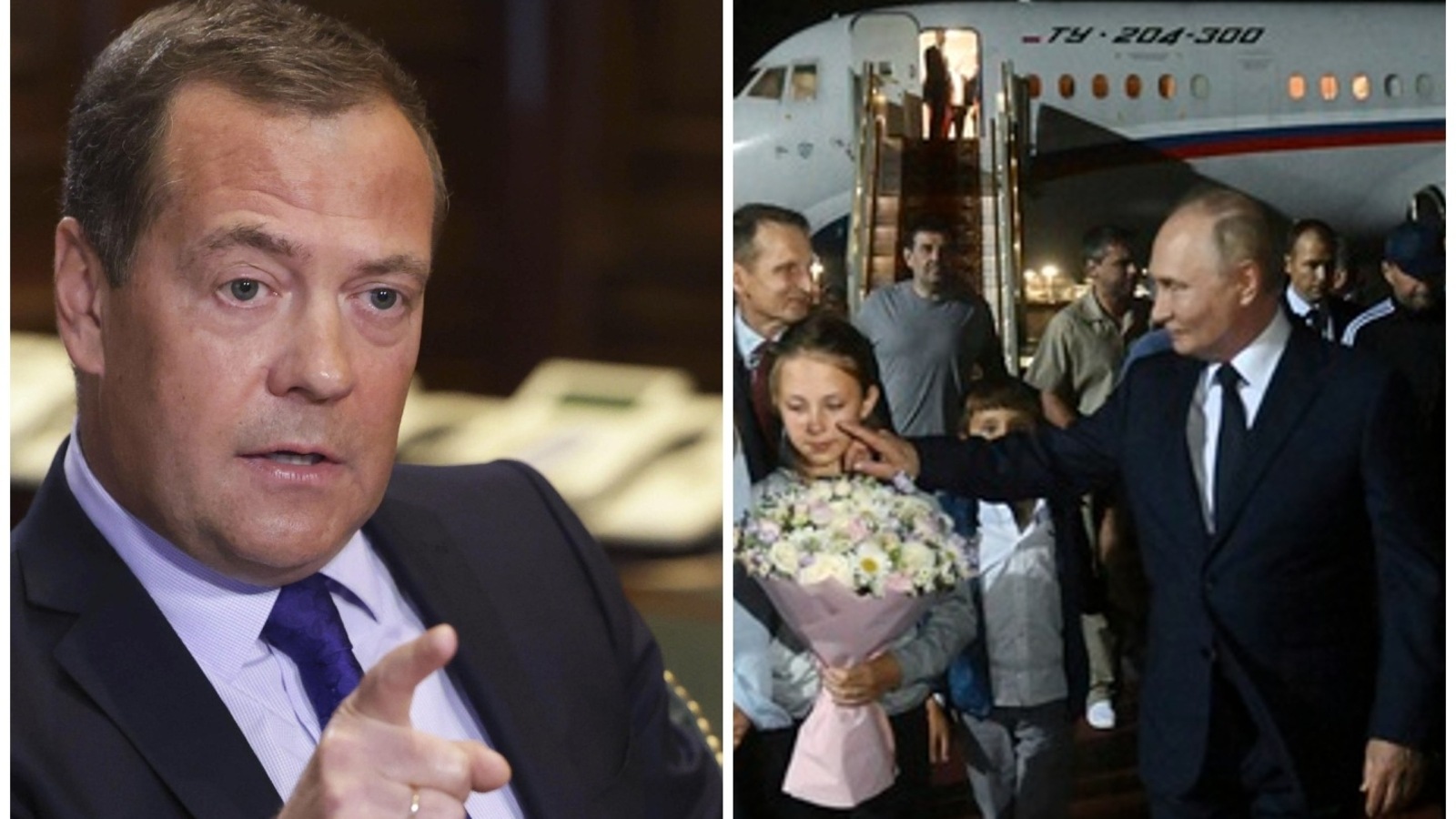


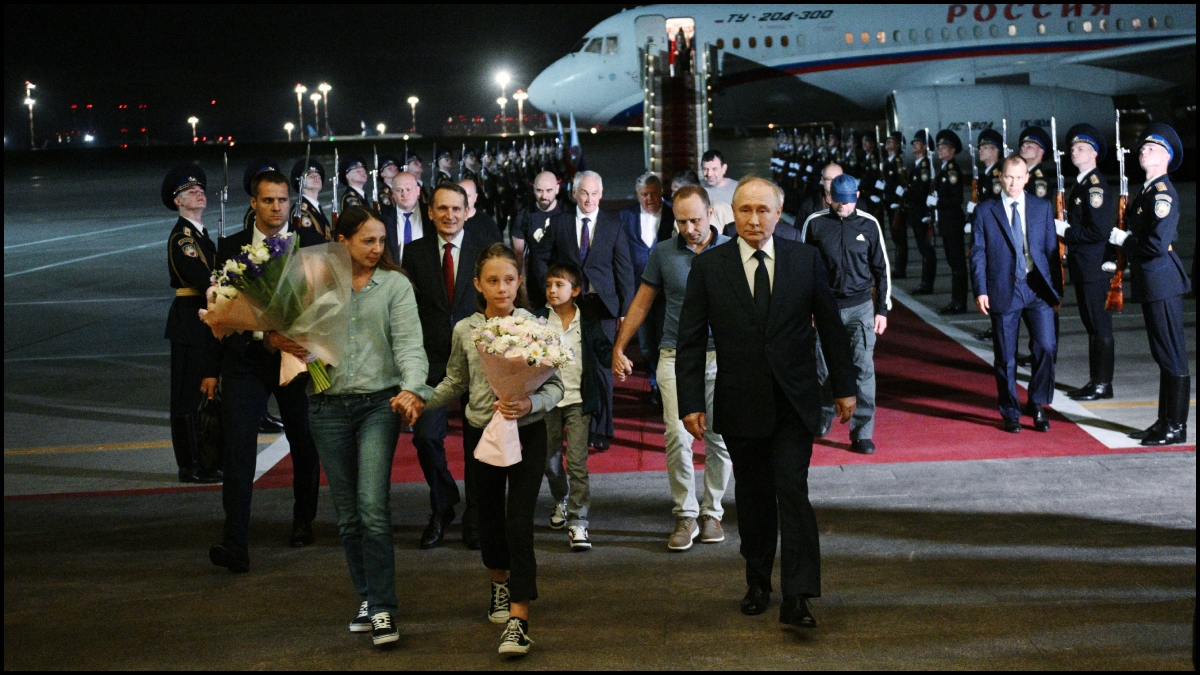


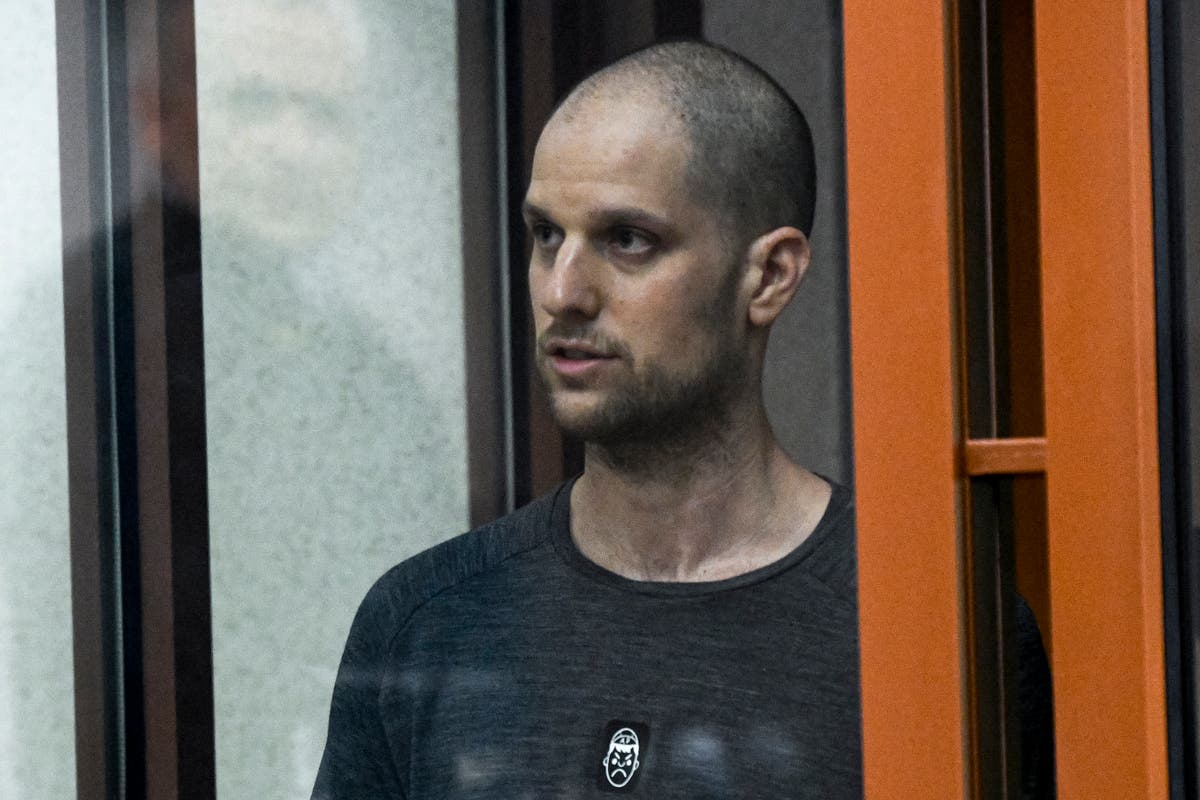
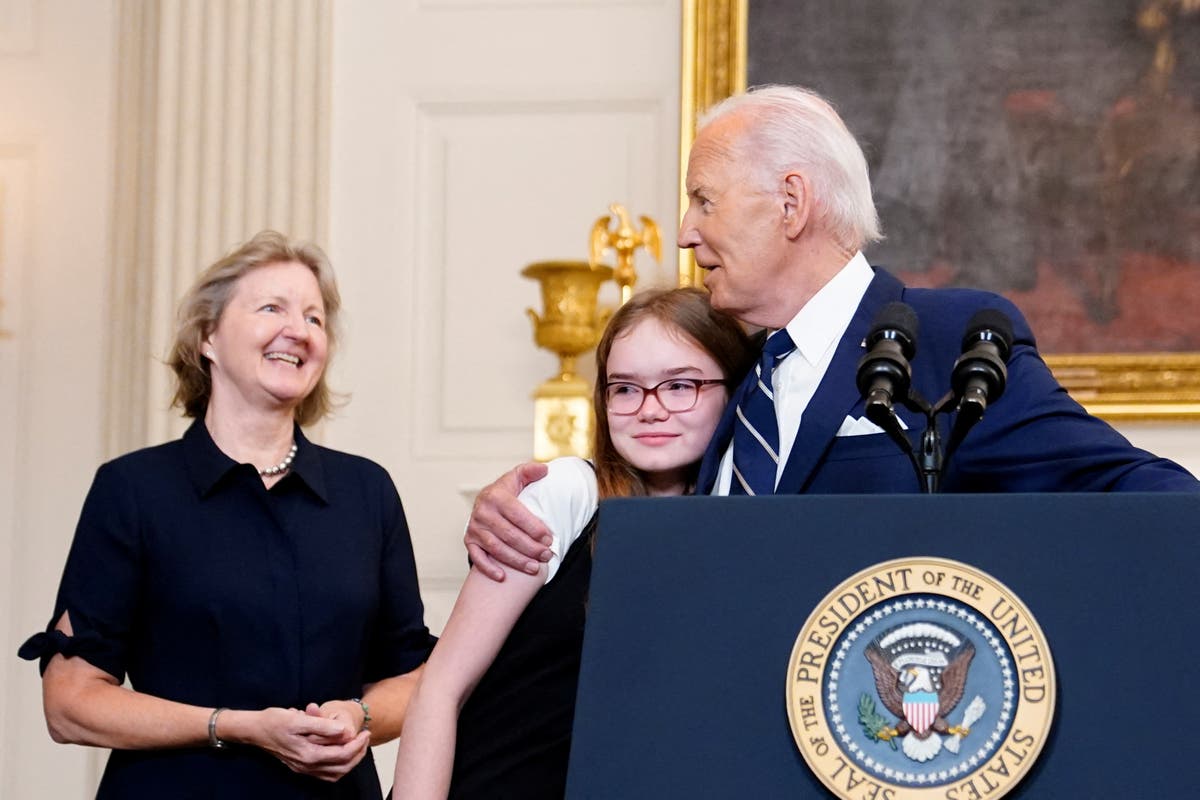



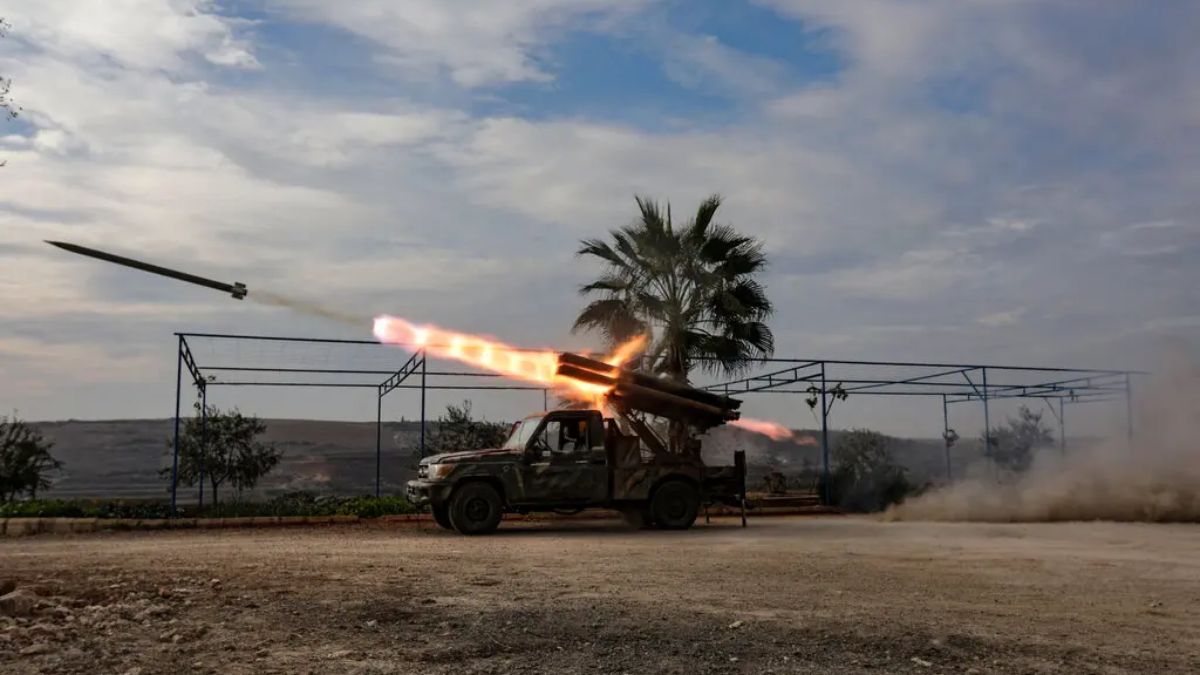)
